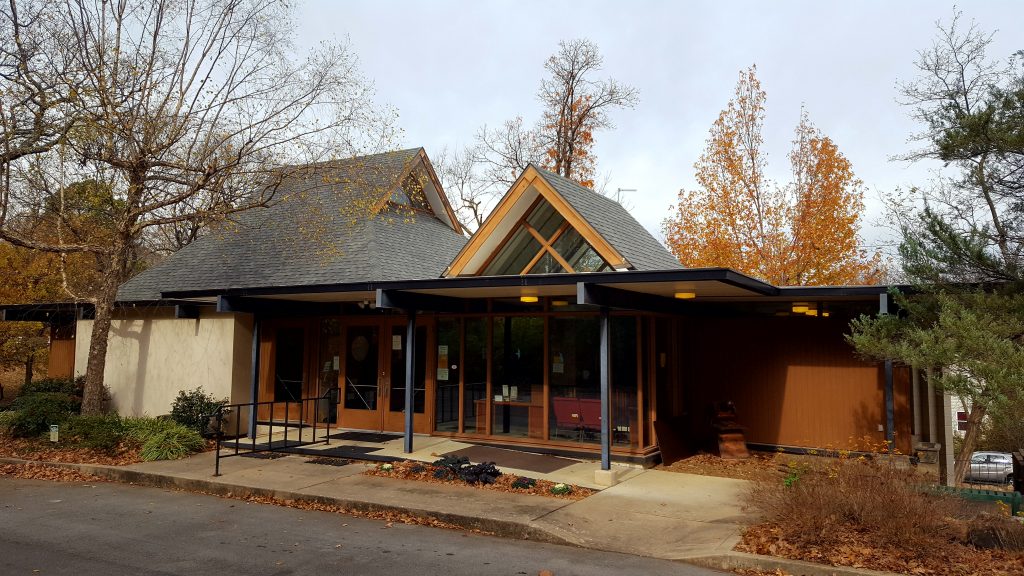Ceremonies, Celebrations, and Rites of Passage
As Unitarian Universalists, we believe in the ongoing search for meaning, purpose, value and spiritual depth in life. Life’s transitions often deserve ceremonies of significance to reflect those rites of passage that shape our lives and our growth.
Our minister is honored to help individuals and families celebrate and acknowledge life transitions, such as weddings, commitment ceremonies, child dedications, and memorial services, for those both inside and outside of our congregation.
We invite you to join us on any Sunday morning (11 a.m.) to experience the life and energy of our congregation and the aesthetics of our Sanctuary and grounds.
Weddings and Commitment Ceremonies
What greater thing is there for two human souls than to feel that they are joined together—to strengthen each other in all labor, to minister to each other in all sorrow, to share with each other in all gladness, to be one with each other in the silent, unspoken memories?
– George Eliot
We welcome Unitarian Universalist couples, as well as couples from differing faith traditions, who are looking for a way to recognize the and share sacredness of their commitment. The minister at UUFF will be happy to work with couples to plan their ceremonies to include special readings, rituals, or music.
Because of our strong respect for each person’s beliefs and values, each wedding is custom-crafted with a couple to reflect their personalities and relationship. This respect and our flexibility enable Unitarian Universalist ministers to be skilled officiants for interfaith weddings, atheist weddings, and weddings for those with Unitarian Universalism’s diverse beliefs.
We welcome participation by all persons without regard to race, ethnicity, gender, disability, sexual orientation, age, language, citizenship status, economic status, or national origin without requiring adherence to any particular interpretation of religion or to any particular religious belief or creed. Our congregation actively supports same-sex marriage.
Memorials
A memorial service in the Unitarian Universalist tradition is typically a celebration of the deceased person’s life, as well as a chance to grieve his or her death. Music and hymns are typically part of the service. The minister spends time with the family before the service, and, based on their memories, offers a reflection or summary on the deceased person’s life. Family members or loved ones may also choose to offer short memories of reflections on the deceased person’s life.
UUFF maintains a Memorial Garden which can be used by the deceased person’s family to scatter ashes.
Memorial services typically last anywhere from half-an-hour to an hour. In most Unitarian Universalist memorial services, the casket is not present in the church during the service. Our Social Hall is available for receptions following the memorial service.
There is no charge for the minister or for building use when the deceased was an active member of the congregation.
Renting: The first step to planning a ceremony at UUFF is to check with the Office Administrator regarding the availability of the facilities for the date you have selected. You can call the office at (479) 521-8422 or email us.
Congregation-Wide Celebrations and Passages
Dedications
Rather than provide baptisms or christenings, Unitarian Universalists welcome children into the world with a ceremony known as a child dedication.
Through this ceremony, we dedicate infants and young children to a life guided by UU values, and we dedicate ourselves as a religious community to actively support children and their families.
The dedication ceremony is generally a celebration of the blessing of new life, an expression of the parents’ hopes for their child, and a call to the parents and the congregation’s members to lead and nurture the child’s spiritual life as it grows.
Coming of Age
We hold a special Coming of Age ceremony after youth complete a year-long period of learning and exploration. The most common ages for Coming of Age are 13-15. These ceremonies include youth reading statements of their personal values and beliefs, a time for reflections from parents, youth advisers, mentors, ministers, or religious educators, and presentations to the youth, acknowledging their passage from childhood to middle adolescence.
